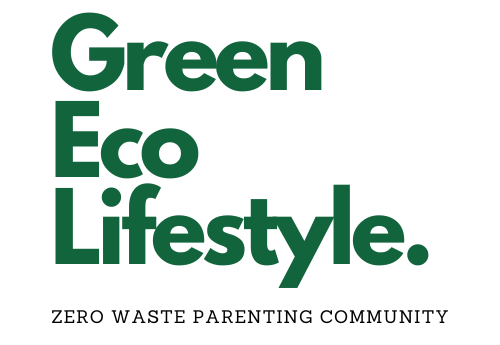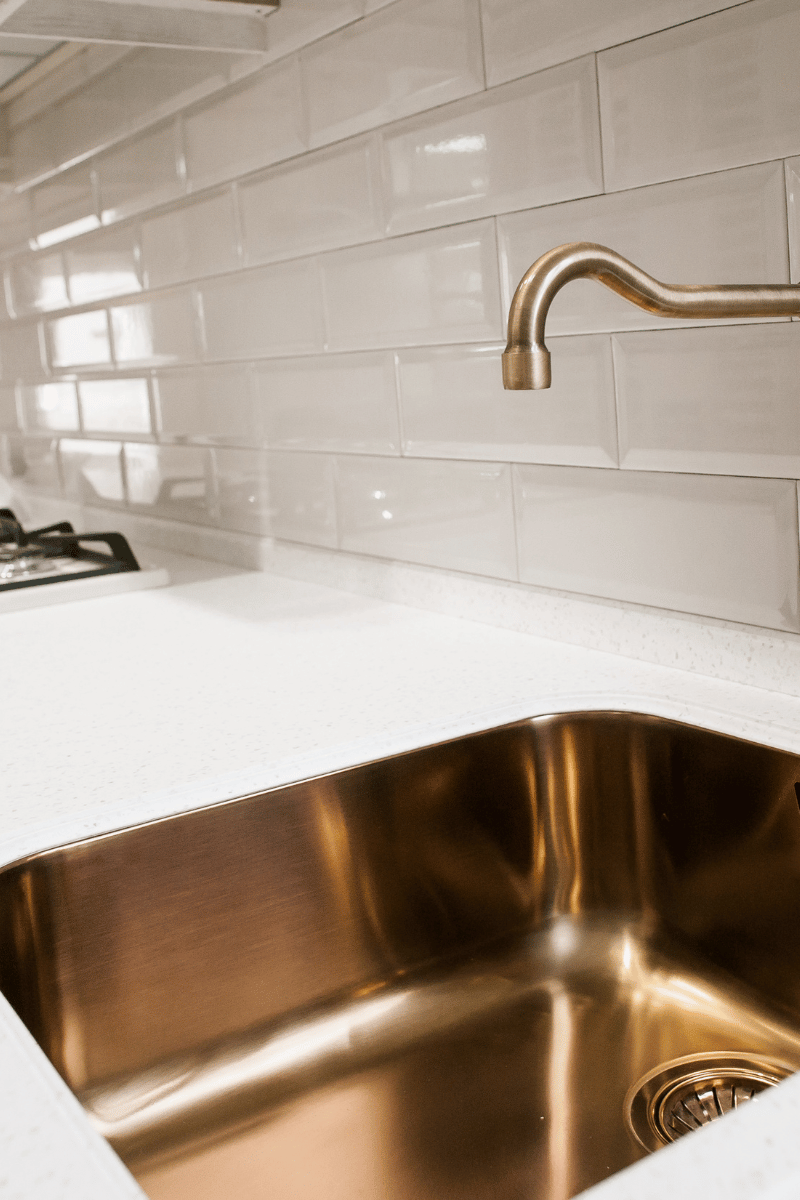
The Problem With Blocked Drains
Are your drains blocked and no matter what you do they just won’t unblock? Well, you don’t need to worry any longer, as I have a variety of traditional drain unblocker and natural drain unblockers to save the day! A blocked drain can cause all sorts of problems in your home, from unpleasant odours in sinks and baths to an inability to flush the toilet.
Furthermore, Knowing when your drains need unblocking can help you to prevent a potentially expensive and inconvenient issue. These methods are sustainable and a great way to quickly, easily and safely unblock drains, without having to call out a professional.
In this blog post, we’ll take a look at how drain unblockers work, their advantages over other traditional methods and where you can find them.
Table of Contents
Disclaimer: This article has affiliate links to products mentioned throughout. If you were to purchase a product, I make a small commission from the sale which supports this blog. Check my privacy policy for more details.
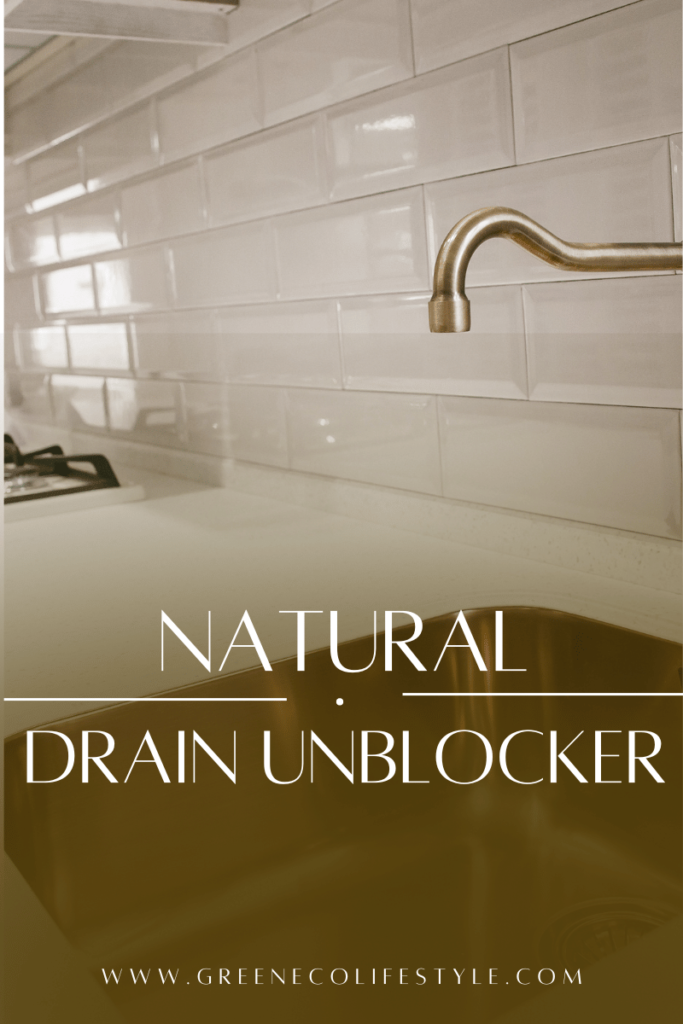
How do I know if my drain needs unblocking?
There are several signs to look out for if you are worried your drain may be blocked and needs attention, Problem’s include:
- Sink water is receding slowly
- You notice an unpleasant smell coming from your drains
- Water backing up into your sink
- Filmly scum around your sink or bath or on the surface of the water
- Flooding in outside drains.

Reasons your drain is blocked
Reasons for blocked drains are:
- Hair
- Food such as fatty deposits
- Soap
- Fabric conditioner or softener
- Cooking grease
If not maintained or given the sort of attention they need. Residue can build up over time and lead to a blockage.
Different Types of Traditional Drain Unblockers
It is important to act quickly, as a blocked drain can cause serious health hazards if left unattended. Some signs that you may need to unblock your drain include slow draining, water backing up, and foul odours coming from the drain.
There are different types of traditional drain unblockers available such as:
- Drain tools
- Unblocking liquids and chemical cleaners
- Mechanical solutions
- Natural cleaners
Chemical cleaners are typically the most common solution but as this is a sustainable blog I want you to consider natural alternatives that are better for the waterways.
Drain Unblocker Liquid Chemicals
Drain unblocker liquids can quickly and effectively clear blockages in pipes and drains. These liquids are easy to use and applied directly to the blockage without the need for special equipment. They break down debris and grease which build up in drains and pipes over time.
As well as being effective, they will not cause any damage to the pipes themselves. It’s worth noting however that liquids contain harsh chemicals that can pollute the waterways.
Liquids are heavy duty stuff and should not be inhaled. They can cause skin irritation and burning so you must wear protective gloves and masks. Speaking from first-hand experience you should always be careful using an unblocker brand around pets and other wildlife.
My outside drain was blocked and flooded over the patio. After we used the outside drain unblocker chemical we found that several snails and slugs had met an untimely end. Luckily no cats or other animals were harmed.
Green tip: when it comes to chemical/ liquid unblockers you should use these sparingly and explore other sustainable and natural options first.

Drain Unblocker: Natural Methods
Now that we have explored traditional drain unblocker methods let’s have a look at natural ways to do the same thing. These methods include:
- Pressure jet clean
- A drain snake or using a plunger.
- Natural drain cleaning recipes
- Boiling soapy water
- Baking soda and vinegar
Pressure Jet Clean
Pressure jet cleaning is a great way to unblock drains because if a build-up of dirt, debris and other objects. High-pressure water breaks apart the clogged material flushing it away.
It is an effective and safe way of unblocking drains, as it does not require the use of harsh chemicals and does not affect local wildlife or the waterways. Pressure jet cleaning is often used by professional drain unblockers as it is fast, efficient and can handle even the most stubborn blockages. You can hire pressure jet cleaners from places like HSS if you want to try it yourself.
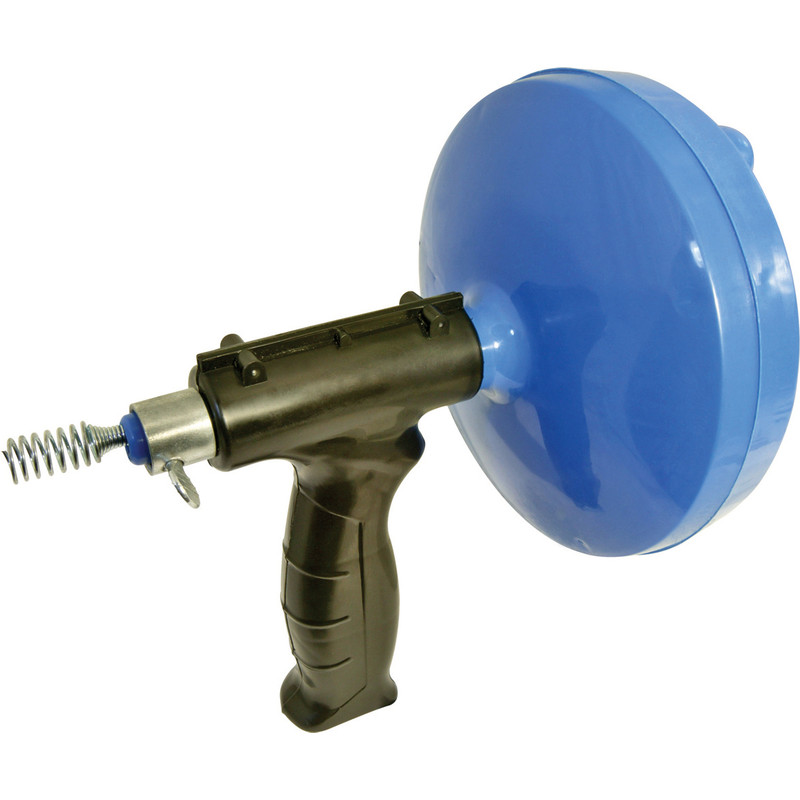
Drain Unblocker Tool: Snake or Plunger
Using a drain snake or plunger to unblock a drain is a great way to get rid of any blockages without the help of professional services. A drain snake is a flexible rod that is inserted into the drain to remove any obstructions. It can be used both above and below the sink or bathtub.
Whereas, a plunger is a tool that is used to push the blockage out of the drain. It is not as effective as a drain snake but can help to loosen some blockages. Both tools are simple and inexpensive to use, so they are a great option for anyone looking to unblock their drains.
Both tools are sustainable easy to use and store and are a great way to maintain your drains throughout the year. Speaking from experience trusty plungers like these wooden ones (£7.99 for two) unblocked the outside drain faster than the chemical products in the end.
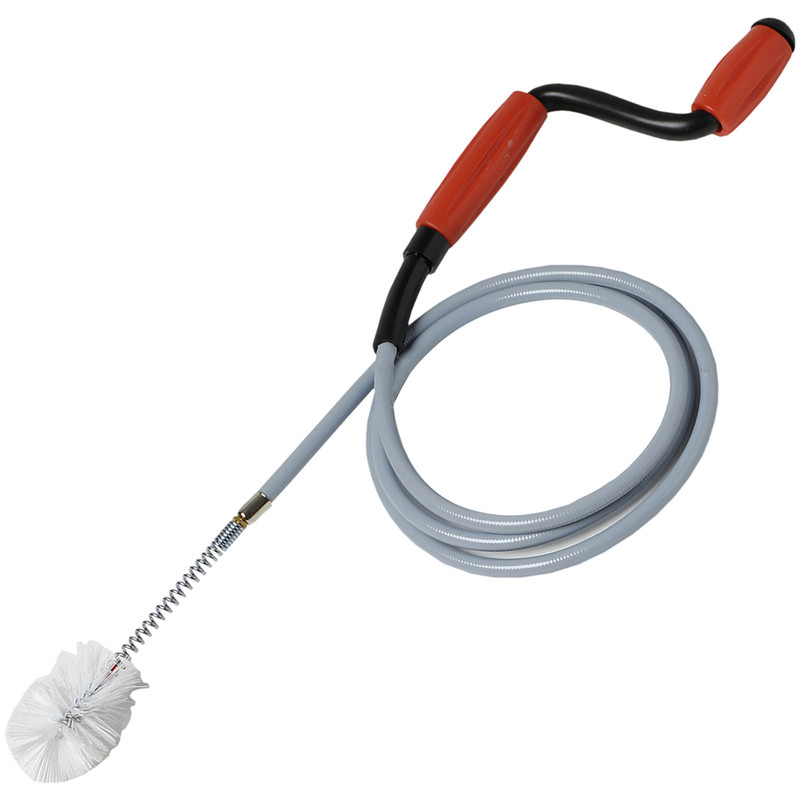
Drain Unblocker: Natural Recipe
Natural drain cleaner recipes are easy to make and use. Consider these before reaching for the hardcore chemical stuff.
Ingredients:
- 1/2 cup (120 ml) baking soda
- 1/2 cup (120 ml) vinegar (white distilled vinegar)
- 1 cup (240 ml) hot water
- 1/2 cup (120 ml) salt (optional, for an extra boost)
Instructions:
- Start by pouring the full quantity of baking soda down the drain. Make sure to distribute it evenly.
- Follow the baking soda with the vinegar. You might see some fizzing and bubbling, which is normal – it’s a sign that the ingredients are reacting and working to break down any clogs.
- Let the baking soda and vinegar mixture sit in the drain for about 15-30 minutes. This allows the reaction to work on breaking down the clogs and buildup.
- While you’re waiting, you can boil about 1 cup (240 ml) of water.
- After the waiting period, carefully pour the hot water down the drain. This will help flush away the broken-down debris and clear the drain.
- If you choose to use salt, you can pour the salt down the drain after the hot water. Let it sit for an additional 15 minutes before flushing with more hot water.
- Run the hot water down the drain for a final flush to ensure any remaining residue is cleared.
Green Tip: Remember to take necessary precautions while working with hot water and chemicals, and avoid using this mixture if you have used a commercial drain cleaner recently, as the combination of different chemicals can be dangerous.
How To Maintain To Ensure a Block-Free Drain
Regular maintenance of your drains can help to reduce blockages and keep them running smoothly throughout the year. The cheapest and most sustainable way to maintain your drains is by pouring a mixture of baking soda and white vinegar down the sink and leaving it for a few minutes. After a few minutes, flush the sink with boiling hot water. This will help to remove any grease, fat, and food particles that are causing blockages.
If you add this to your cleaning routine every other month you should avoid drain blockages. I have to add that this honestly works, I have memories of my Nana doing this every other Sunday because she had cooked chicken and didn’t want the fat to clog up the drain. I couldn’t understand why at the time but it makes perfect sense now. You should also make sure to compost foods like fatty meat and fish in your kitchen compost bin.
Green Tip: Drain unblocker tools such as the plunger or snake are designed to break up objects like hair, grease, and food particles. They are safe to use as they don’t harm the wildlife of the water supply.
FAQ
Frequently asked questions about drain cleaner products.
Is Using a Drain Unblocker Safe And Environmentally Friendly?
Using a natural drain unblocker recipe, a plunger or snake is a safe and environmentally friendly solution for unblocking drains. It is a chemical-free, non-toxic way to unclog drains that is highly effective and does not cause any disruption to the plumbing system.
Does Natural Drain Cleaner Recipes Work?
The simple answer is yes – natural drain cleaner recipes can work, but it’s important to be aware that the results may not be as immediate or effective as a chemical-based drain unblocker. Natural remedies can require multiple applications and be more time-consuming, but they are a much safer option for households with children and pets.
There are many recipes available online, such as using baking soda and vinegar, which can be effective in removing hair, soap scum and small blockages. However, if you’re dealing with a more serious clog, it is best to use a professional drain unblocker.
Conclusion – Final Thoughts
When it comes to drain unblocking there are several traditional and natural methods to consider. Use traditional methods such as chemical unblockers sparingly because the substances can be harmful to the environment and waterways.
The best way to prevent blockages is to maintain your drains every other month, by using a baking soda and vinegar rinse. You can tools such as a plunger and snake in any type of sink, tub or shower. It is also safe to use in septic tanks and other areas that can be difficult to unblock.
If you want to level up your sustainable living game download your natural cleaning recipes now
